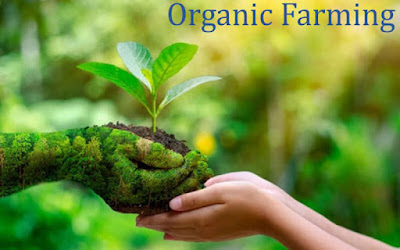Usefulness of organic farming
Benefits of organic farming
Organic farming boasts of many advantages. They include:
1. Lack of harmful pesticides
Several types of synthetic pesticides used in conventional farming can be harmful to both animals and humans. At times, these pesticides may end up in the air and also groundwater sources thus polluting the area around the farm. Besides that, weeds that are always exposed to pesticides begin to build resistance to the chemicals leading to a stronger variant of weeds that demands stronger chemicals to control them. In organic farming, the use of pesticides is entirely abandoned hence lowering the risk of pollution.
2. Sustainably healthy soil
As opposed to organic farming, conventional farming takes away the valuable nutrients and artificially returns the nutrients back through synthetic fertilizers. This method does not encourage the growth of healthy bacteria or other decomposers that stabilizes soil health. This means that when a conventional farmer leaves his or her field to sit, the soil will struggle to regain the nutrients and this also will take a longer time. Organic farming strives to attain sustainable agriculture and promotes the existence of bacteria and decomposers leading to soils that is more sustainable. Lastly, it fights erosion in a better way as compared to synthetically treated soil. This means that the soil will take a longer time and will not be washed away by either wind or rainfall.
3. Biodiversity
Organic farming strives to attain biodiversity in plants – this means that several species of plants thrive on the field during a certain year. Besides biodiversity being healthier for the soil, it also helps in controlling pest populations and makes a healthy environment for wild fauna such as deer, reptiles, rodents, birds, and other animals by ensuring a more balanced ecosystem.




Comments
Post a Comment